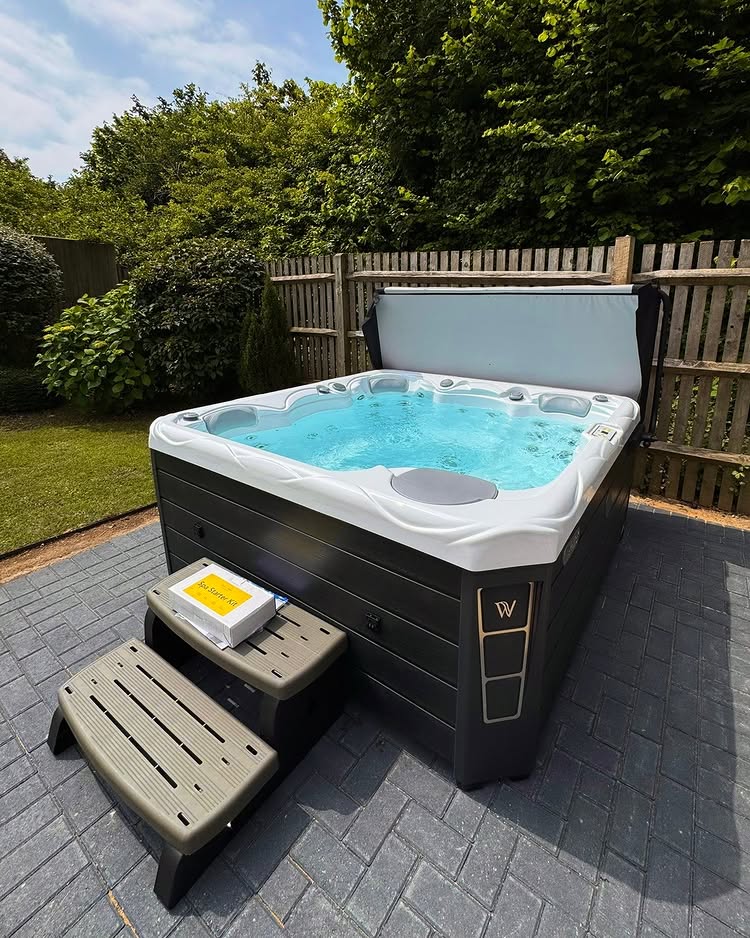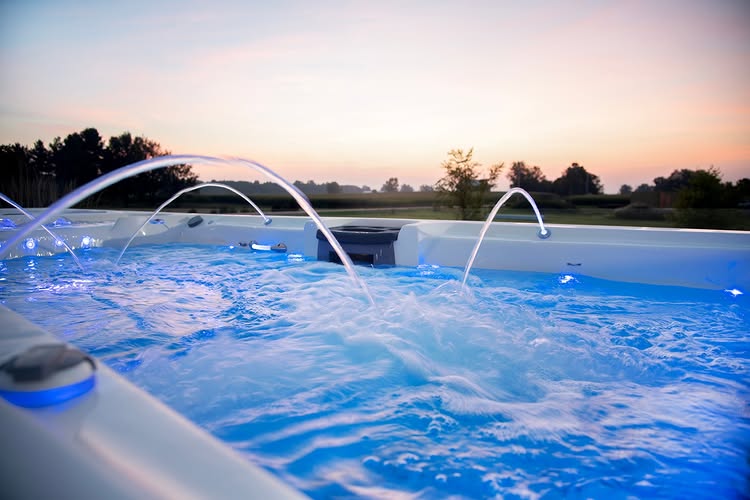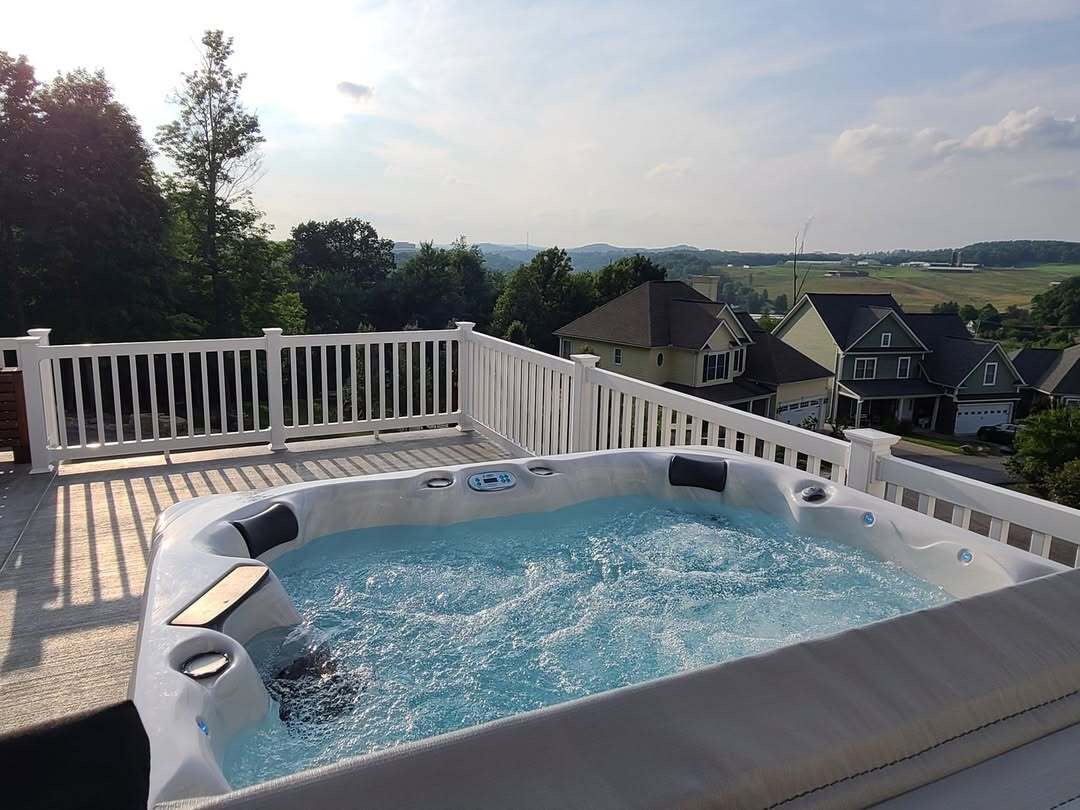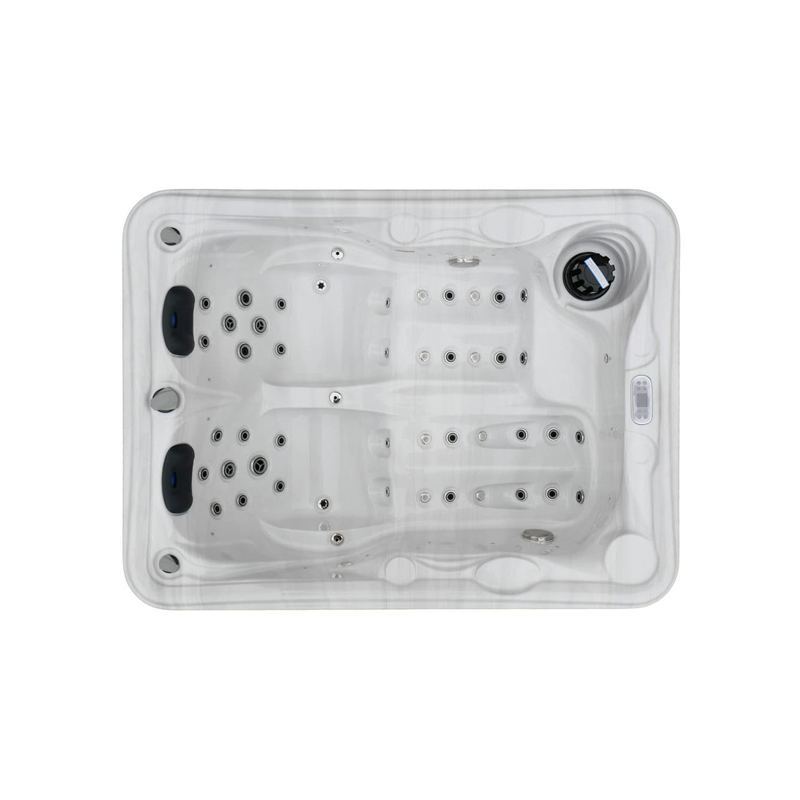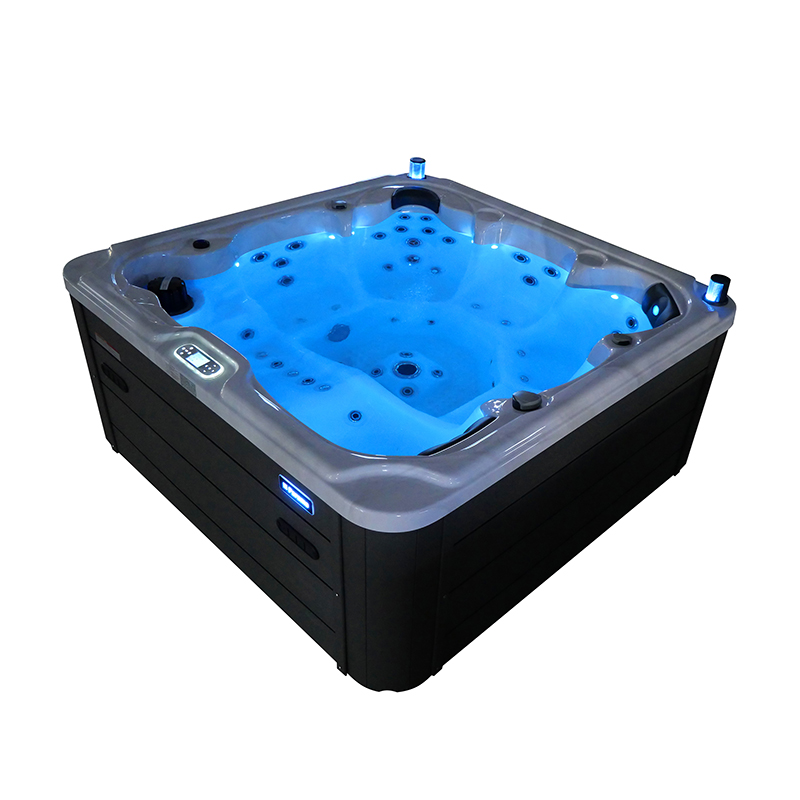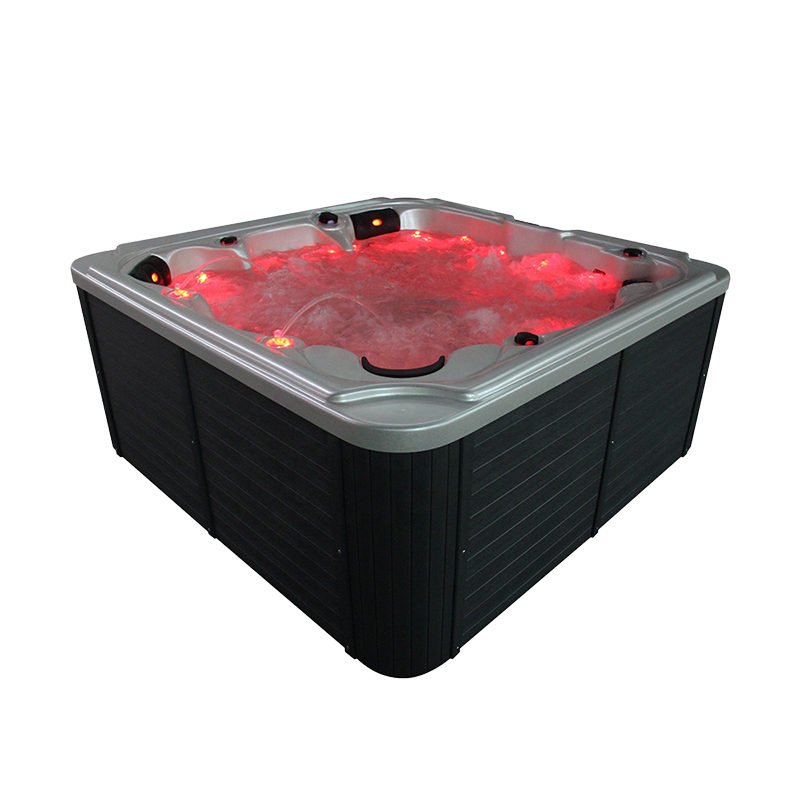For centuries, people have turned to warm water for comfort, healing, and rejuvenation. From the ancient Roman baths to Japanese onsens, water immersion has always been more than just a luxury—it has been a form of therapy. In today’s fast-paced world, hot tubs have become a modern extension of this age-old tradition. They are often seen as symbols of relaxation and indulgence, but beyond the calm atmosphere and bubbling jets lies a wealth of potential health benefits.
The question arises: Are there real health advantages to sitting in a hot tub, or is it just a pleasant way to unwind? Science and holistic wellness practices suggest that hot tubs can positively impact not just your body, but also your mind and lifestyle. Whether you’re looking to ease pain, improve circulation, or simply restore balance after a stressful day, hot tubs may offer more than you expect.
In this article, we’ll explore 16 powerful health and lifestyle benefits of hot tubs, unpack the science behind hydrotherapy, and answer some of the most common questions people have about hot tub use. By the end, you’ll discover why soaking in warm, bubbling water can be both a pleasurable and health-enhancing habit.
What Is Hydrotherapy?
Hydrotherapy is a therapeutic practice that uses water’s natural properties—heat, buoyancy, and pressure—to promote healing and overall well-being. The concept isn’t new; it has roots in ancient civilizations where water was revered for its restorative powers.
Today, hydrotherapy is recognized in both conventional and alternative medicine. Its benefits include:
- Deep relaxation that calms both the body and mind.
- Enhanced circulation, helping oxygen and nutrients reach every corner of the body.
- Pain relief for conditions ranging from arthritis to migraines.
Hot tubs are one of the most accessible forms of hydrotherapy. The controlled heat, combined with massaging jets, creates an environment that supports recovery, stress relief, and even improved sleep. For those struggling with chronic pain, tension, or fatigue, hydrotherapy can complement treatments like massage, physical therapy, or chiropractic care, amplifying their effectiveness.
16 Health & Lifestyle Benefits of Hot Tubs
1. Promotes Better Sleep
Soaking in a hot tub before bedtime can help combat insomnia and restless nights. The warmth relaxes muscles, eases stress, and naturally lowers your body temperature once you exit the tub—mimicking the body’s own sleep signals. A 15–20 minute soak roughly 90 minutes before sleep can encourage deeper, more restorative rest.
2. Eases Menstrual Discomfort
Heat has long been recommended for menstrual cramps, and hot tubs provide a natural, drug-free solution. Warm water relaxes uterine muscles, reducing cramping and discomfort. Many women also report relief from menopause-related symptoms like hot flashes and mood swings after regular soaks.
3. Relieves Joint Pain and Stiffness
For people with arthritis or chronic stiffness, hot tubs are a game-changer. The buoyancy of the water supports the body, reducing pressure on joints, while the heat increases flexibility and reduces inflammation. This combination can restore mobility and reduce morning stiffness.
4. Soothes Muscle Tension and Aches
Athletes and fitness enthusiasts often rely on hot tubs for recovery. The jets provide a gentle massage effect, loosening tight muscles, improving blood flow, and accelerating healing. Even if you aren’t an athlete, a soak after a long day can reduce soreness from everyday activities like standing or lifting.
5. Improves Flexibility and Range of Motion
Over time, regular use of a hot tub can improve joint mobility and muscle flexibility. Warm water prepares the muscles for stretching, which can help prevent injury and improve overall body function.
6. Reduces Back Pain
Lower back pain is one of the most common complaints worldwide, and hot tubs offer significant relief. The heat reduces muscle spasms, while buoyancy lightens pressure on the spine. Improved blood circulation also delivers oxygen and nutrients to the affected area, speeding up recovery.
7. Provides Headache and Migraine Relief
Hot tubs may not cure migraines, but they reduce common triggers such as stress, muscle tension, and poor circulation. Relaxing in a hot tub can relieve tight muscles in the neck and shoulders, which often contribute to tension headaches.
8. Reduces Stress Levels
The bubbling warmth of a hot tub is a natural stress antidote. The combination of soothing heat, gentle pressure, and quiet surroundings calms the nervous system and encourages the release of endorphins, which improve mood and decrease anxiety.
9. Supports Mental Health: Anxiety & Depression
Hot tubs offer more than physical relief—they can also support mental well-being. The environment created by warm water immersion encourages mindfulness, relaxation, and mood improvement. The release of endorphins during a soak can help lift spirits, making hot tubs a natural support for those coping with depression or anxiety.
10. Strengthens Cardiovascular Health
Soaking in hot water mimics some of the benefits of moderate exercise for your heart. As blood vessels expand, circulation improves and blood pressure lowers. Studies suggest that regular hot tub sessions may improve vascular health and reduce the risk of heart disease.
11. Encourages Social Connection
Health isn’t only physical—social connection is vital for overall well-being. A hot tub can become a gathering space for friends and family, fostering bonding and reducing feelings of isolation. Shared relaxation also creates opportunities for meaningful conversations and emotional support.
12. Helps Manage Fibromyalgia Symptoms
Fibromyalgia is often characterized by widespread pain and fatigue. Hot tub sessions can reduce muscle stiffness, improve circulation, and provide relief from pain, offering patients a safe and comforting therapy option.
13. Clears Sinuses and Supports Respiratory Health
The warm, humid air around hot tubs helps open nasal passages, reduce congestion, and soothe sinus irritation. For people suffering from allergies, colds, or mild respiratory conditions, steam inhalation during a hot tub soak can provide temporary relief.
14. Improves Skin Health and Appearance
A hot tub’s steam and heat open pores, cleanse impurities, and stimulate circulation under the skin. Sweating helps flush toxins while preparing the skin to better absorb moisturizers. With regular soaks, many people notice a fresher, healthier glow.
15. Detoxification Support (New)
Hot tub sessions encourage sweating, which is one of the body’s natural detoxification processes. As your body temperature rises, toxins are pushed out through the skin, while improved circulation helps your organs process and eliminate waste more efficiently.
16. Boosts Immune Function (New)
Exposure to heat from hot tubs can mimic the effects of a mild fever—one of the body’s natural defense mechanisms. This temporary rise in body temperature stimulates immune activity, helping your system fight off colds and infections more effectively.
Concluzie
Hot tubs are far more than just a luxury item for relaxation. They embody the ancient wisdom of hydrotherapy while offering modern benefits supported by science. From easing pain and improving sleep to reducing stress and enhancing cardiovascular health, the rewards of regular hot tub use are wide-ranging. Add in the social and lifestyle perks, and it’s easy to see why hot tubs remain a popular investment in both personal wellness and quality of life.
While hot tubs are not a replacement for medical care, they serve as a powerful complement to healthier living. By incorporating them into your routine, you’re not just indulging in comfort—you’re actively investing in your physical and emotional well-being.
So the next time you step into that warm, bubbling oasis, remember: you’re not only soaking away your stress—you’re soaking in long-term health benefits.
Întrebări frecvente
1. How often should I use a hot tub to see health benefits?
Most experts recommend using a hot tub 3–4 times per week for 15–30 minutes per session. Daily use is safe for most people, as long as you stay hydrated and don’t overheat.
2. Can hot tubs help with weight loss?
While soaking in hot water alone won’t burn significant calories, it can support weight loss indirectly. Improved sleep, reduced stress, and better circulation all contribute to healthier metabolism and energy balance. Additionally, hot tubs can loosen muscles before workouts, helping you stay active.
3. Are there people who should avoid hot tubs?
Yes. Pregnant women, individuals with certain heart conditions, very young children, and people with open wounds or skin infections should avoid hot tubs unless cleared by a healthcare provider. Always consult your doctor if you have health concerns before starting regular hot tub sessions.



